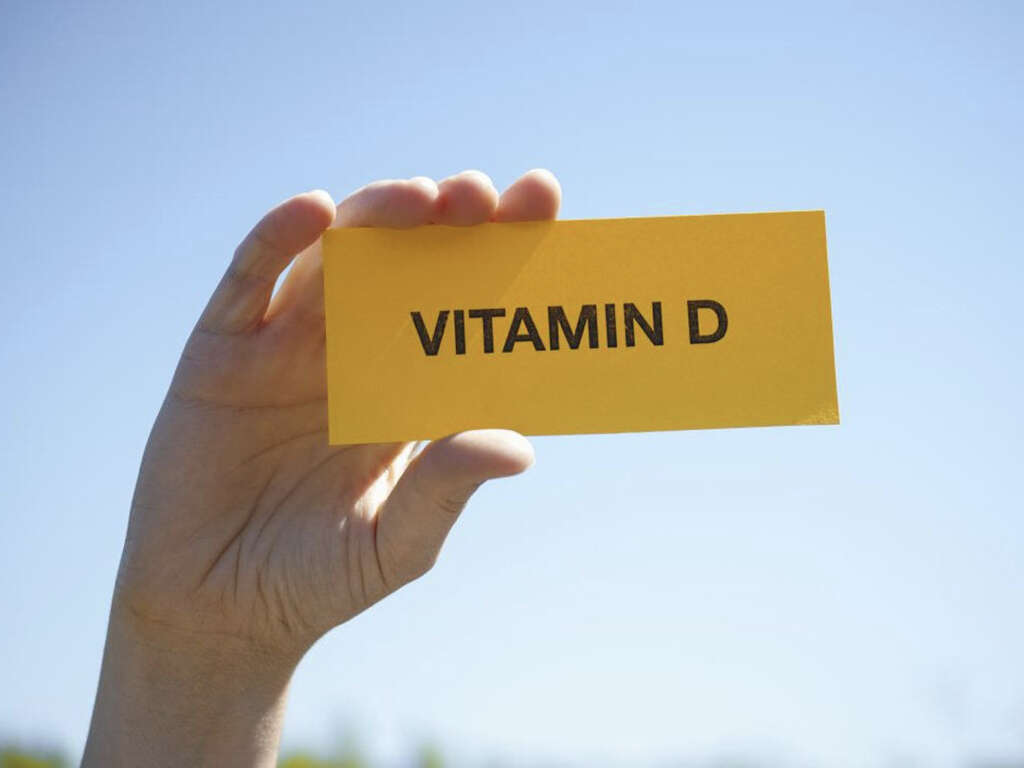10 Benefits of Vitamin E
 Article Sources
Article Sources
- 1. 'Vitamin E.' The Nutrition Source, Harvard University, 2 July 2019, www.hsph.harvard.edu/nutritionsource/vitamin-e.
- 2. 'Vitamin E.' Office of Dietary Supplements (ODS), 22 Sept. 2020, ods.od.nih.gov/factsheets/VitaminE-Consumer.
- 3. 'Vitamin E and Risk of Age-related Cataract: a Meta-analysis.' PubMed, https://pubmed.ncbi.nlm.nih.gov/25591715.
- 4. 'Vitamin E As a Treatment for Nonalcoholic Fatty Liver Disease: Reality or Myth?' PubMed, https://pubmed.ncbi.nlm.nih.gov/29337849.
- 5. 'Regulatory Role of Vitamin E in the Immune System and Inflammation.' PubMed Central, https://www.ncbi.nlm.nih.gov/pmc/articles/PMC7011499.
10. Supports Immune Health
Vitamin E supports healthy T cells, which play essential roles in the body's immune system. T cells fight infection and activate an additional immune response to help combat complicated infections. Immune cells contain higher concentrations of vitamin E compared to other cells in the blood.
Preventing a vitamin E deficiency helps reduce illness and infections. Taking vitamin E supplements and eating foods high in vitamin E may help boost the immune system. Wheat germ is considered the richest food source of vitamin E.5‘Regulatory Role of Vitamin E in the Immune System and Inflammation.’ PubMed Central, https://www.ncbi.nlm.nih.gov/pmc/articles/PMC7011499.
Advertisement











